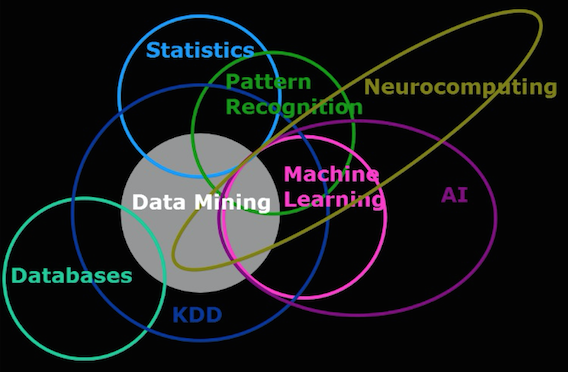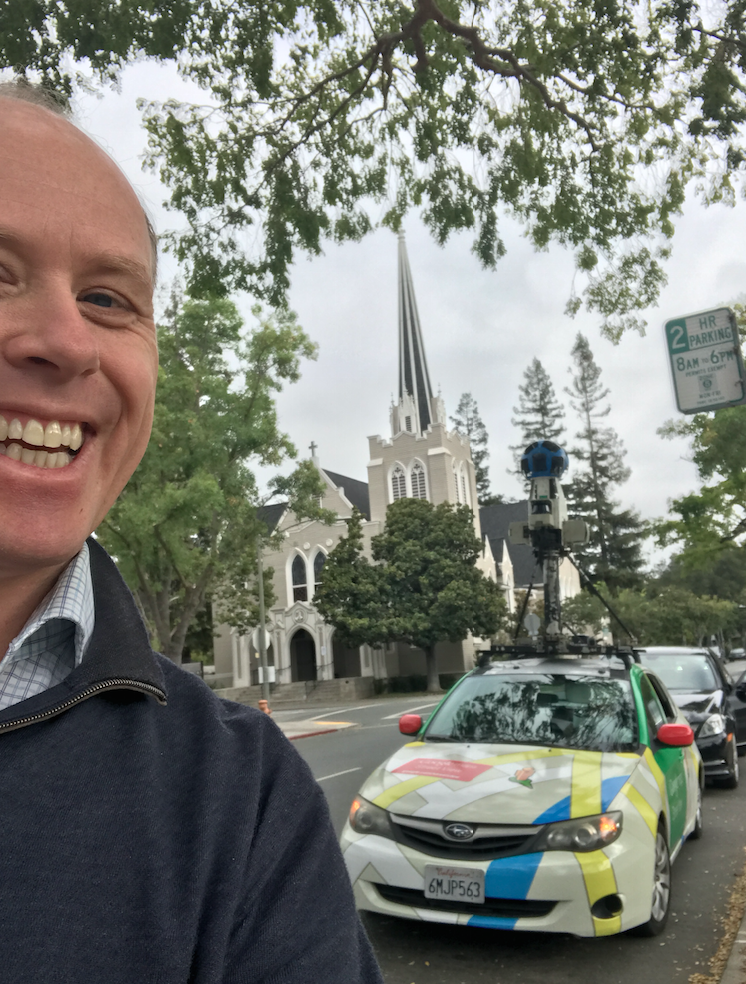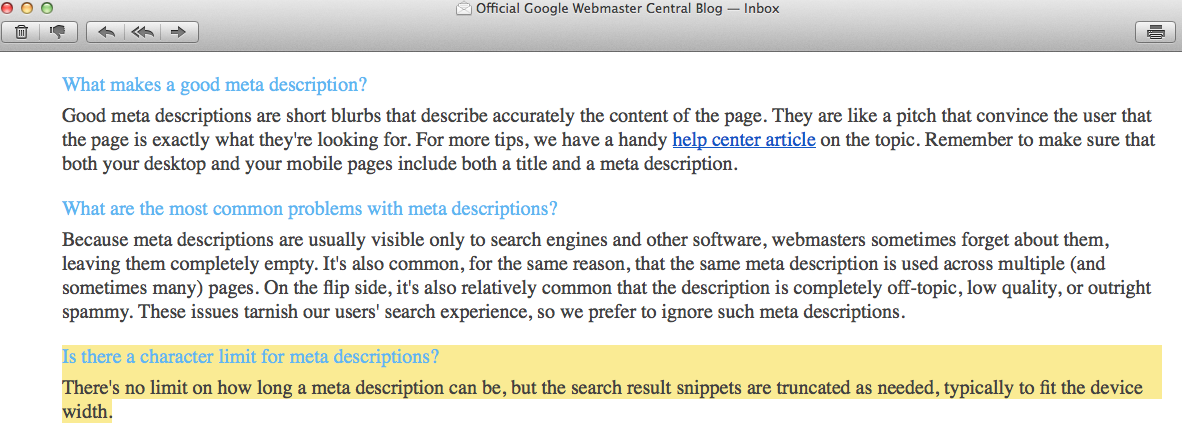It’s getting ridiculous. My Uber driver today was telling me how AI is changing the world. I just wish they knew how to change lanes safely. See below. That’s how you should think about Artificial Intelligence.
The core of AI is data and and statistics. Somehow that got manifested or redefined into Data Mining (the proceed of retrieval and extraction/ collection) then analysis (statistics, pattern recognition) and then machine learning. So many buzz words. This information is stored in databases and that is often referred to as knowledge discovery in databases (KDD) … then AI came around to bamboozle investors thinking there was some secret sauce beyond Data Mining and Machine Learning. This graphic is a good one to I like to share. AI is just an extension of all these core ingredients.








